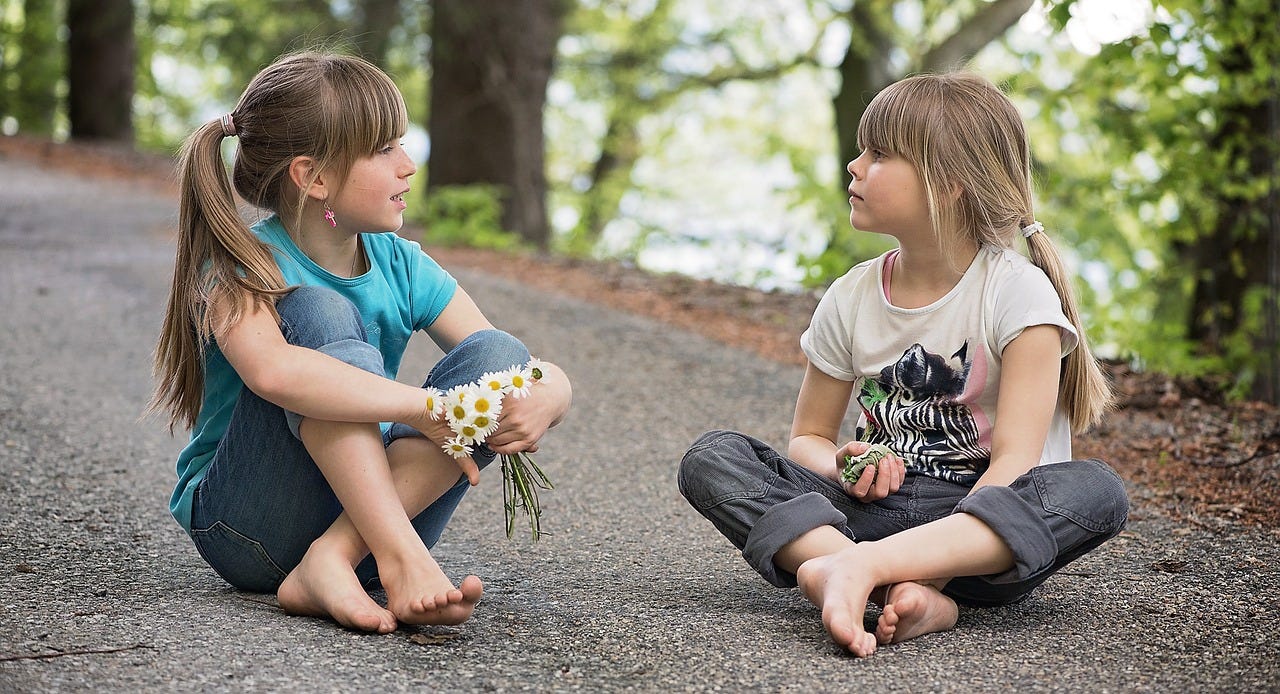WELCOME TO WAYS WITH WORDS
A LIGHT-HEARTED CELEBRATION OF THE ENGLISH LANGUAGE
by Leaf and Sue Fielding (estimated 6 minute read)
The English language, our common heritage, is also our greatest success story. It’s true we had our spotlight moment on the world stage – like the Egyptians, Babylonians, Greeks and Romans, we grabbed our opportunity to seize the giddy reins of power and ride roughshod over an empire. But since losing it, we haven’t faded into obscurity as have so many moth-eaten civilisations. While our power waned, our language endured and its global influence continues to grow. English has become the language of the world, the principal means of international communication for air-traffic control, science and technology, communications, data storage, business, education, music, advertising, tourism…
It’s the dominant or official language in nearly eighty territories and though some of these are small places, Caribbean islands for example, others such as India, the United States, Canada, Australia and New Zealand are huge. Some four hundred million people speak English as their primary language and around five hundred million use it as their secondary tongue. The weight of these numbers is sufficient for the rest of the world to find it useful to have a knowledge of our language. Good English is spoken by almost everyone in countries such as Norway, Sweden, Denmark, Germany and Holland. In Slovenia, which we visited recently, all the youngsters we spoke to, even in country districts, had a good command of English.
More people speak mandarin Chinese than any other tongue, but their language is little-known outside their national boundaries, except in enclaves like Singapore and Soho. Even the world’s rising superpower, home to a fifth of the planet's population, recognises the importance of English and has been making massive efforts to master our tongue.
There are exceptions, but ask most youngsters if they enjoy gaming and they will probably immediately think of video games. The idea of games where there is no tech involved, where perhaps the only equipment required is paper and pencil, will nonplus them; such an idea would likely be viewed as archaic - we've moved on. But not all of us have.
English is a brilliant language to juggle with and, luckily, many of us Anglophones enjoy having fun with words in all their glorious varieties. Letters too which, of course, are what make words words. In fact, most letters are words in themselves, with a few adjustments to the spelling! Try going through the alphabet and you'll see what we mean.
Among the myriad of ways we can play with letters is by transposing them, or leaving them out, or adding one or more or muddling them up and then unravelling them to make another word. Reading words backwards, swapping initial letters, finding words within other words. The variations are endless. And to delight us further, several of these antics have their own names! These are some favourites: spoonerisms, palindromes, anagrams, alliteration and slang. Then there are idioms, acronyms and phrases, sentences or sayings such as proverbs, clichés and our favourite category of just about anything, miscellaneous.
Not content to play with letters, adventurous wordsmiths have gone several steps further and created a veritable box of tricks. Take the cryptic crossword clue, actually a sort of riddle but, more often than not, it’s a play on letters or words. There are riddles themselves, of course, and what about tongue-twisters? Then we have humorous definitions, cocking a snook at the formal meaning of words.
Come with us into the crazy world of Wordery. Delve into our compendium of teasers puzzles and mind-benders. We’ll be challenging you on several fronts - the three I's : Imagination, Intuition and Intellectual flexibility - to see words differently, to explore the funny side of language and to enjoy whackiness simply for its own sake. In our world, expanding our personal word horizons is the goal, the Internet is the last resort!
In between the letter and wordplay, Ways With Words will include some history of English, a truly wordy language that has evolved by welcoming outsiders with open arms.
So let’s hear it for English, the brilliant, flexible tongue we’ve developed for communicating our own ideas and hearing and reading the thoughts of our fellows. What a story it makes: the speech of a conquered people in a small damp island, which most improbably rose to become the chosen medium for international discourse – the first true world language. We’ll continue its story as we go forward with our light-hearted celebration of English.
Of all the things we’ve given to the world – Greenwich Mean Time, football, cricket, the Beatles, the theory of gravity, whatever – we suggest the English language is our finest contribution and will prove to be our abiding legacy.
________________________________
WWW is, primarily, UK-centric - naturally, we're both British. Nonetheless, despite cultural, usage and spelling differences, we hope some of our verbal antics will amuse English-speaking peoples worldwide.







As you say, in some ways it is easier to learn than many other languages but it is full of idiosyncrasies (American spelling by the look of it!). We will be exploring them. See ADOPTED for some examples of words from other languages. Glad you like the pic.
Colourful writings in the English language are far less complicated in my view, due to the fact that it is not littered with a 100 ways to say the exact same verb such as the Mediterranean languages. But then as it is an amalgamation of many other languages and therefore the pride factor isn't as obvious, hence the 'inits/likes and So's'. Great Picture, by the way. N